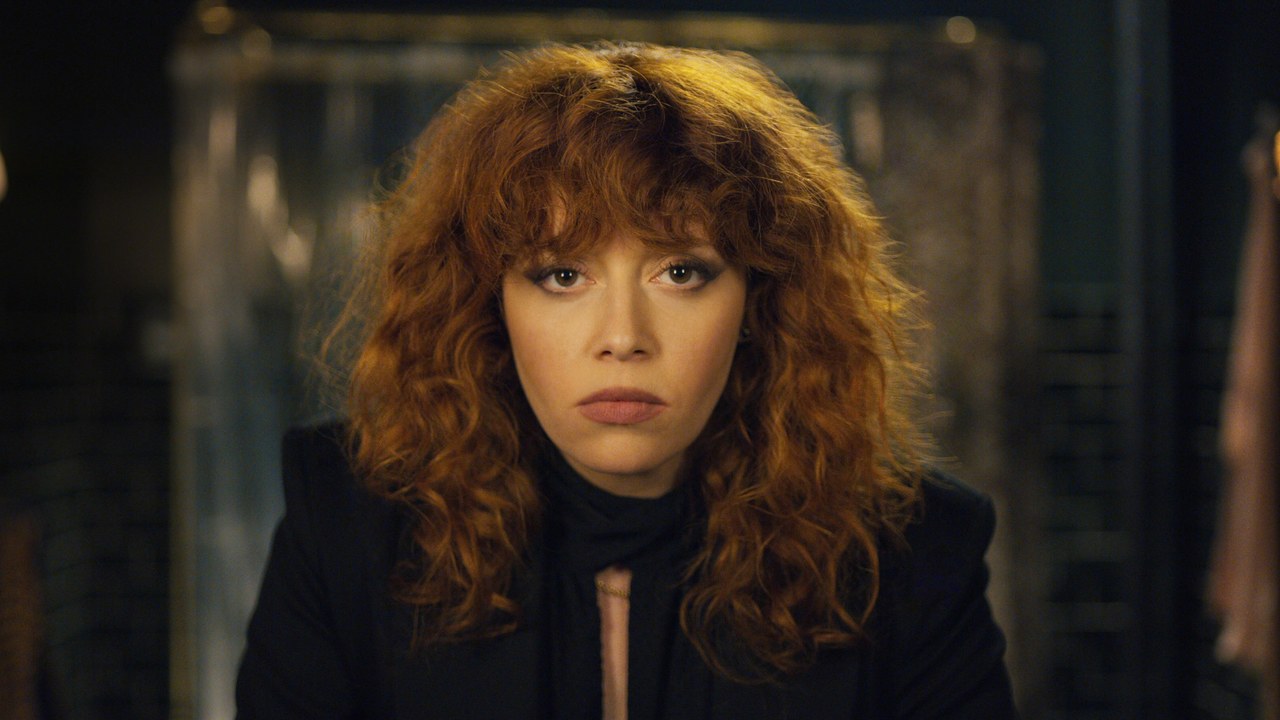Russian Doll Is About Many Things—For Me, It's the Need to Protect an Unwell Parent

Nadia’s guilt about leaving her mother drives her to try and save everyone, even before herself. She warns Ruth about a gas leak, but dies falling down the stairs. She brings her friends Maxine (Greta Lee) and Lizzy (Rebecca Henderson) with her to a bodega, convinced that if she leaves them behind at a birthday party they organized for her, they’ll meet the same end as other guests and vanish. She doesn’t want Alan (Charlie Barnett), a relative stranger trapped in a parallel death cycle, to leave his apartment, even if that’s the only way he can break his own trauma cycle. What is living if not taking care of others? I relate to this more than I’d like to admit.
Nadia’s mother’s death is hinted as a suicide; I was there when my mother attempted to take her own life. I was four or five. At my grandmother’s house, where we both were staying, I opened the living room door and it bumped her head. I apologized and squatted beside her. She was wearing a white tank top and dark blue underwear. Her skin was cool and damp. I shook her and she groaned, conscious but barely. I didn’t know what to do, so I laid beside her and waited for my grandmother to come home. Later, I would overhear my grandmother describe it as an overdose. My mother survived—but the anxiety her suicide attempt gave me survived in me too.
Like Nadia, I cycled. Instead of repeating my own death, I checked up on my mother; I Google for jail records, police reports, obituaries.
Adulthood pulled me from my mother, but it was my grandmother—my Ruth—who gave me permission to go. Just after college, I received a job offer in New York. It would be the furthest I’d lived from my mother. Until my last night, I looked up jobs and sublets in my area, wondering, even at the eleventh hour, if I’d end up staying near my mother after all.
The night before I boarded a bus to take me to Manhattan, my mother threw my suitcases out of my grandmother’s house, screaming. I think she broke a window. She definitely shattered her cell phone.
I’m worried she’ll die, I told my grandmother. We were huddled in her living room, whispering. I’m worried she’ll disappear, I said. What if this was the last I ever saw my mother? (It wouldn’t be, but it would be close.) You have to go, my grandmother said. No one is going to let you keep living like this. I went to bed, I woke up, I got on the bus. I don’t know for sure if my mom heard me say goodbye. I ruptured the cycle, and I feel glad and guilty every day.
It’s been seven years since I’ve seen my mom, and I no longer know where to begin looking. I still call all of her old phone numbers and hang up when strangers answer. There are no rules for healing.
What is Russian Doll really about? The show resists an easy answer. Russian Doll can be about whatever you need to understand: It’s about helping others, helping yourself, forgiveness, remembering, getting sober, finding your cat. For me it’s about waking up and recognizing it’s time to go.
Marissa H. is a queer writer and editor. She is working on a book.
